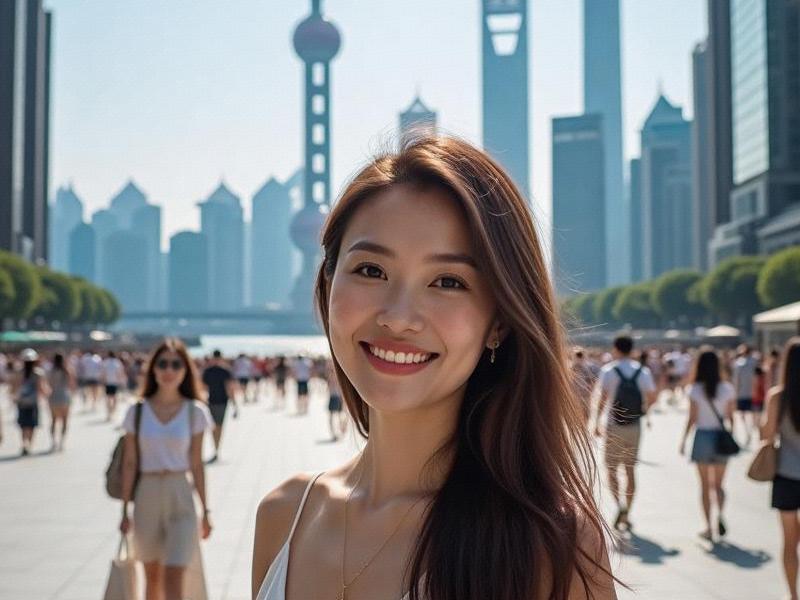
The Shanghai Woman Phenomenon
In the gleaming towers of Lujiazui and the art galleries of West Bund, a quiet revolution is unfolding - led by Shanghai's daughters. These women, aged 22-45, represent what sociologists call "the third way" of Chinese femininity, neither wholly traditional nor completely Westernized.
Demographic Breakdown
• Educational Attainment:
- 68% hold university degrees (vs. 51% nationally)
- 42% pursue postgraduate education
- 19% study abroad (predominantly in US/UK)
• Professional Landscape:
- 58% work in finance/tech/creative industries
- 33% hold mid-to-senior management positions
- Average salary: 35% above national female average
• Lifestyle Choices:
- Average marriage age: 31 (vs. 26 nationally)
- 28% choose to remain single past 35
- 62% prioritize career development over marriage timing
上海龙凤论坛419 Cultural Archetypes
1. The Cosmopolitan Creator
- Blends Eastern aesthetics with Western influences
- Often found in design, fashion, and arts
- Case Study: Li Wen, 32, founder of fusion ceramics studio
2. The Financial Architect
- Dominates Shanghai's banking sector
- Balances quantitative skills with cultural intelligence
- Profile: Zhang Yixing, VP at major investment bank
3. The Tech Disruptor
- Leading Shanghai's startup scene
- Combines technical expertise with social awareness
- Example: Chen Xia's AI healthcare startup
Historical Context
上海花千坊爱上海 Shanghai women's distinctive character traces back to:
→ 1920s: "Modern Girls" of the Jazz Age
→ 1950s: Early female industrial managers
→ 1980s: Pioneer businesswomen during reforms
→ 2000s: Globalization's first beneficiaries
Modern Challenges
Despite progress, Shanghai women face:
• "Leftover women" stigma persistence
• Glass ceiling in traditional industries
• Work-life balance pressures
• Cultural expectation contradictions
Fashion as Cultural Statement
Shanghai's style evolution reflects changing values:
✔ 2010s: Luxury brand obsession
上海花千坊龙凤 ✔ 2020s: Rise of "guochao" (national trend) brands
✔ Emerging: Sustainable fashion movement
Future Projections
1. Political Participation
- Current female representation in government: 28%
- Expected to reach 35% by 2030
2. Entrepreneurial Growth
- Female-led startups increasing 18% annually
- Venture capital for women founders up 42% since 2020
3. Cultural Influence
- Shanghai women driving content creation boom
- Reshaping beauty standards through social media
Sociologist Dr. Emma Wang observes: "Shanghai women are creating a new script for Chinese femininity - one where qipao and power suits coexist, where WeChat moments showcase both boardroom victories and mooncake baking sessions."
From the tea houses of Yu Garden to the co-working spaces of Jing'an, Shanghai's women continue to redefine what it means to be modern, Chinese, and female in the 21st century.
